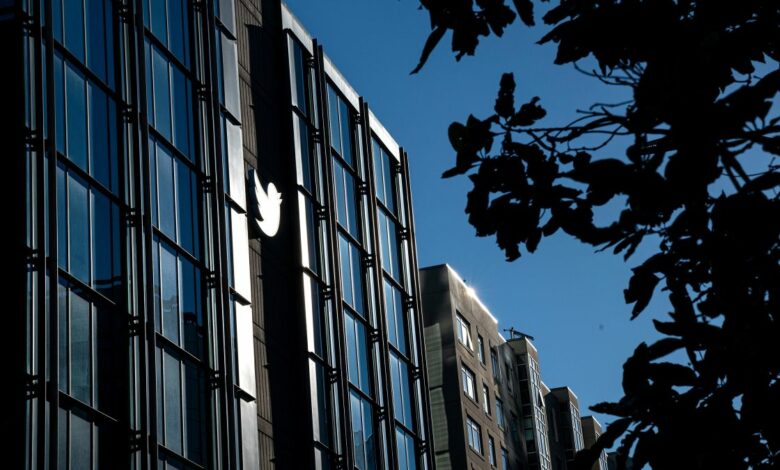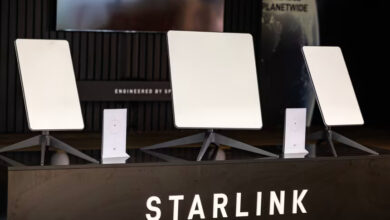
In the chaotic six weeks that Musk has been at the helm of Twitter, two divergent workplace ideals, both rooted in Silicon Valley startup culture, have been dramatically clashing. Hundreds of employees walked out in response to Musk’s ultimatum that they commit to working “long hours at high intensity.” Others stayed, embracing the Musk method of sleeping in the office, as the Tesla CEO has boasted of doing in the past.
This week, Musk appeared to make sleep-from-work hint less subtly, having reportedly converted several areas of Twitter HQ into makeshift bedrooms.
The renovation, first reported by Forbes, has since caught the eye of San Francisco’s Department of Building Inspection for possible code violations. An anonymous complaint about the setup came into the inspectors, ironically, via the city’s @311 Twitter handle.
“We investigate all complaints,” Patrick Hannan, the department’s communications director. “If we find suite 900 no longer meets the building code, we’ll issue a notice of violation,” he said, referring to Twitter’s address.

Musk responded in a characteristically dismissive way, tagging the city’s mayor in a tweet accompanied by a local news report on fentanyl: “So city of SF attacks companies providing beds for tired employees instead of making sure kids are safe from fentanyl. Where are your priorities @LondonBreed !?)
All out or nothing
Sleeping in the office is about as extreme as it sounds, though it’s not a major stretch from the circa-2010 Silicon Valley workplace logic that’s been copied by countless other businesses.
The idea is to pack the office with perks and the comforts of home. You arrive to work in jeans and a company-branded hoodie, stop by the cafeteria for your company-subsidized breakfast and coffee, plop yourself into a beanbag chair and get to work, coding for 12 hours and breaking for a company-hosted happy hour before wrapping up yet another shift at the job you’re still just grateful to have, given the grim job market you graduated into in the fallout of the Great Recession… What would be the harm, given all of that, of just conking out on one of those beanbag chairs and doing it all again tomorrow?
Take it from Musk himself, who in 2018 tweeted that “nobody ever changed the world on 40 hours a week.” Or ask Bankman-Fried, the 30-year-old founder of now-bankrupt crypto exchange FTX.
“If I sleep in the office, my mind stays in work mode and I don’t have to reload everything the next day,” Bankman-Fried tweeted in February 2021, more than a year and a half before his multi-billion-dollar crypto empire went down in flames.
One of the most vocal critics of the all-or-nothing ethos perpetuated by the tech industry is Dan Lyons, author of the book “Lab Rats: How Silicon Valley Made Work Miserable for the Rest of Us.”
“They’re trying to get you to work longer, even though there is enormous research that shows beyond 60 hours a week, you don’t gain any productivity,” Lyons told the Wharton Business School in a 2019 interview. “If you do sprints over and over and over again, it just stops working. People need rest time.”
The Backlash
Of course, a decade-plus of hustle culture has spawned its share of burnout and backlash, all of which was accelerated by the pandemic.
The trend has gone by several buzzy monikers: quiet quitting, the Great Resignation, work-life balance, or “lying flat,” as many in East Asia have called the popular rejection of “996” — working 9 a.m. to 9 p.m., six days a week.
None are perfectly precise, but each broadly captures the widespread sense that modern work has begun to monopolize our time.
“It’s not easy to nail down a movement that spans striking nurses and unionizing strippers, Amazon warehouse workers and work-from-home Wall Street bankers,” wrote Helaine Olen in a column for the Washington Post. But after “decades of subservience to work, Americans have finally made significant strides toward restoring it to its proper role in our lives.”
Enjoying Nightcap? Sign up and you’ll get all of this, plus some other funny stuff we liked on the internet, in your inbox every night. (OK, most nights — we believe in a four-day work week around here.)




